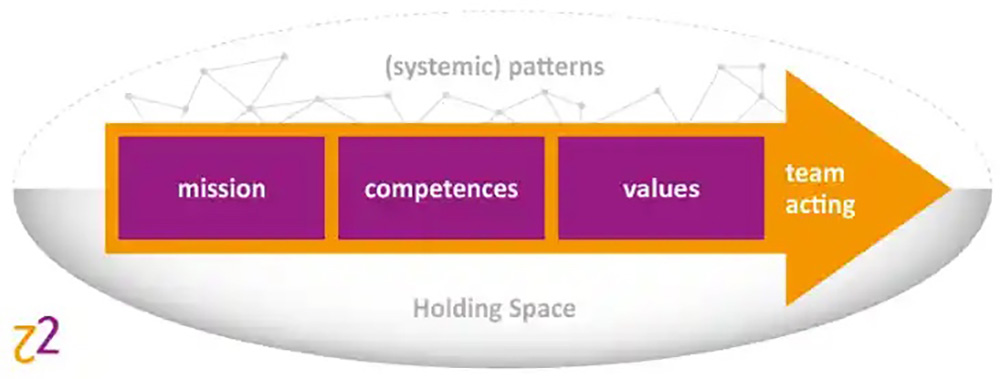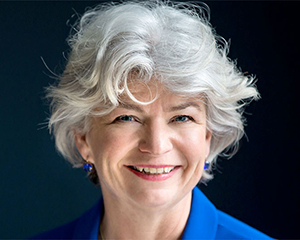Do you ever notice during a meeting that some of your colleagues actually don’t want to be there? It’s a starting point which asks a lot of energy of all the attendants. It’s what we would also call an energy leak, for everyone in the meeting. At that moment some people are more present on ‘the second screen’, they are not really ‘here’. When everybody is actually present, energy evolves and people are able to work together and to amaze. How is this accomplished?
Giving space
In the beginning of a session of team coaching, I sometimes experience people did not organize themselves, or they for some reason are not totally present. It looks like they are a bit ‘locked’.
Before I start, I always try to retrieve the current mood. Are they excited, do they maybe feel any resistance or are they simply not able to receive?
Not that long ago I was standing in front of a group of professionals, who had some new co-workers in their team. Main purpose of the meeting was to get to know each other better and coming to agreements about reinforcing the collaboration.
I noticed a certain amount of diversity in the group. There was a group that was looking forward to this afternoon and another group felt like there was definitely something better to do.
Whenever you experience such a moment, it’s valuable to do a check-in. Take your time to let people talk and to discover how many voices there are. During my round, I came across a person who didn’t really seem present. This person admitted that he considered this afternoon to be useless.
This may sound painful at that moment. You probably have the tendency to quickly move on to the next person and hope that the majority of the group do want to proceed. Thanks to experience, I now know that holding space, being curious, delaying the process en postponing judgements are important starting points for an afternoon like this. Heather Plett describes this in her workshops Holding Space.
It’s okay to be here
“All right, so you feel like you have something better to do. Is that something you experience more often during this kind of meetings?”, I asked him. The answer was confirmative, so I invited him to digress. I also said, there were probably more colleagues who felt this way and I asked for fingers.
A few went up in the air. “See, you’re not alone.” We investigated where the feeling was coming from. I was obviously also curious who of the attendants were looking forward getting to know each other better and to reinforce the collaboration. Luckily there was still enough excitement in the group.
What I saw, was relief. It’s okay for everybody to be here, whether you’re investigated in the process from the beginning or not. It’s a good example of inclusion, as Jitske Kramer describes in Deep Democracy and an example of Holding Space. You give someone space to be here and as a result more energy will be available for the entire group.
Sharing visions
The session continued. I asked the attendants what they needed from me to make the afternoon as useful as possible. “As long as we don’t have to work with yellow post-its and have to sit on our chairs the whole afternoon”, I heard more than once.
We worked thematically with several assignments where people got to know each other and the systemic patterns of each other in an active way. That also goes for filling in everyone’s personal instruction manual.
Space for Change
At the end of the afternoon we looked back on the sessions. People told me that time went by so fast and that they had a lot more in common than expected. The session had led to some surprising insights. There was now more space for making appointments and making use of each others’ qualities so people could work together more efficiently.
The group was no longer occupied with the second screen, but they were right here in the present. By staying focused on each other, issues were brought up so there was more space for working together.
Holding space is the driving wheel for change. Team leaders benefit by knowing how to get the right flow in a group. Below there are some point to keep in mind:
- Being present
- Include every opinion, everybody
- Listen with compassion
- Postpone your judgment

Want more?

Annelies Meijers
Annelies Meijers er forretningsadministrator og organisationskonsulent, og hun er optaget af at give udfordringer retning. Dette gør hun bl.a. gennem organisatorisk coaching, workshops og andre interventioner.
I Kongruens har Annelies sammen med Anette udbudt kursusforløbet Holding Space, som handler om teamudvikling og om, hvordan man gennem særlige tiltag kan realisere et teams potentiale bedst muligt.

